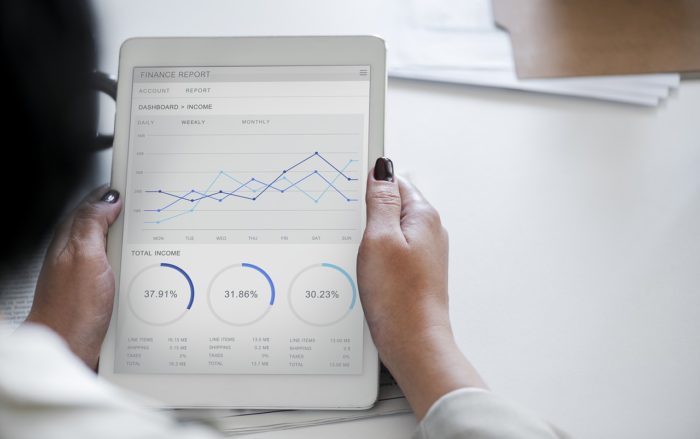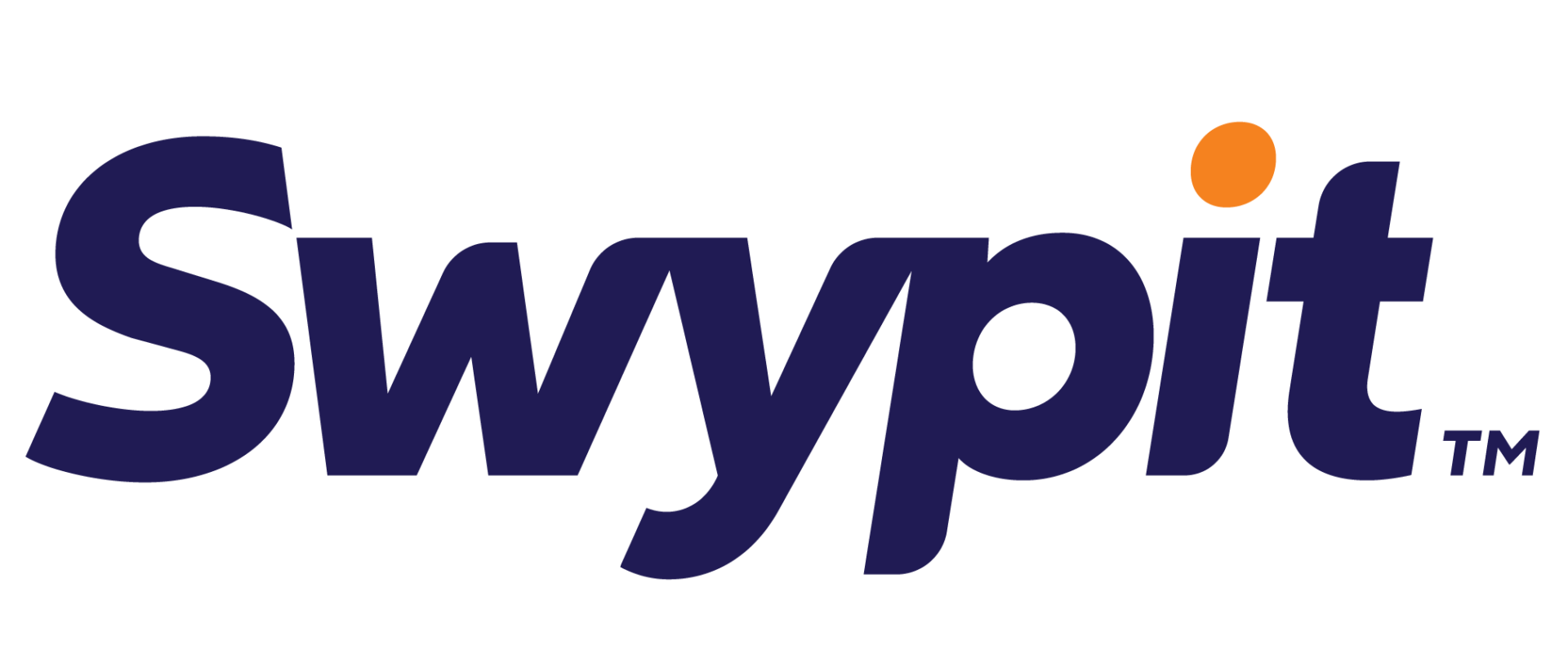Building a Business Dashboard that Grows Your Business!

Blog
Recently, we talked about the importance of understanding business data and how the data we have, find, track, and explore becomes what is known as key performance indicators regarding the health (and wealth!) of our business.
Once these KPI’s are established, making operational data readily available to decision makers is often the next challenge. Especially since being able to put hands on “real-time” actionable data is critical to using data successfully.
“Clean and Effective.” These are two necessary attributes of a solid business dashboard for your company.
A business (data) dashboard is a single, go-to, source for relevant information that a business owner, team, or stakeholders wishes to access in real-time to evaluate whether KPI’s are being met and to make actionable decisions based on that evaluation. A good business dashboard should be rather simple to manage and easily navigated, enabling users to easily visualize, and comprehend key elements so those decisions can be made quickly and easily when necessary.
There are as many dashboards as there are ideas concerning what a dashboard is…
Business (formerly “Executive”) dashboards were modeled after the dashboard of an automobile—where you get a view of everything going on under the hood and inside the vehicle. Likewise, a business dashboard is a visual display of KPIs, metrics, and other pertinent data that when viewed together, provides a “status” of a business, department, or even a specific process.
Operations Versus Analytics.
There are basically two classes of business dashboards: Operational and Analytical.
The type of dashboard you choose depends on the information you are trying to present, the audience it will benefit, and the timeliness of the data.
The analytical type of dashboard examines large amounts of data over extended periods of time to determine trends and gain insights. This type is intended to help executives and analysts with strategies, long-term goals, and performance management.
Operational dashboards are for viewing short-term, immediate, objectives — usually time-sensitive. These dashboards are designed for middle managers and the workforce.
Then there are hybrids — the merging of both worlds. The needs of most small or mid-size businesses will probably align with this type of hybrid dashboard.
Finding the Right Dashboard.
A well-designed dashboard can benefit a business in many ways: it enhances visibility and accountability, helps to identifying risks, can improve efficiency, and makes KPI tracking (and the associated business development and growth) MUCH easier.
As we’ve previously discussed, the first challenge is determining which metrics to include. The next major challenge is finding or designing a dashboard that will be used.
Building your own dashboard can take a lot of time and seem — sometimes — like an exercise in futility. Luckily, there are a few resources you can find online that much this process so much simpler.
Three business dashboards to check out are outlined below, ranging from super-cheap to pricey. If you’re interested in exploring how a dashboard can benefit you and your company — helping you glean insights that could radically, positively, transform your business — you may want to start with the least expensive, become accustomed to using it, and then see if you need to move up over time.
3 Good Dashboards to Check Out…
Domo is the gold standard of dashboards—and consequently, the most expensive. It’s usually used by large enterprises.
Geckoboard has A LOT of the same features of DOMO for quite a bit cheaper. Yet, it can still be pricey for smaller businesses. Of course, it probably has more features than a small business would need too.
Surprisingly, Cyfe has several of the same features — at least when it comes to data import and display – as the two larger players mentioned above. BUT… Cyfe starts FREE and for a small business, their $29 a month plan would likely suffice—for quite a while. For most SMB’s Cyfe would be a good place to start with “dashboarding” to see if the benefits of a business dashboard are worth the effort for you and your biz!
